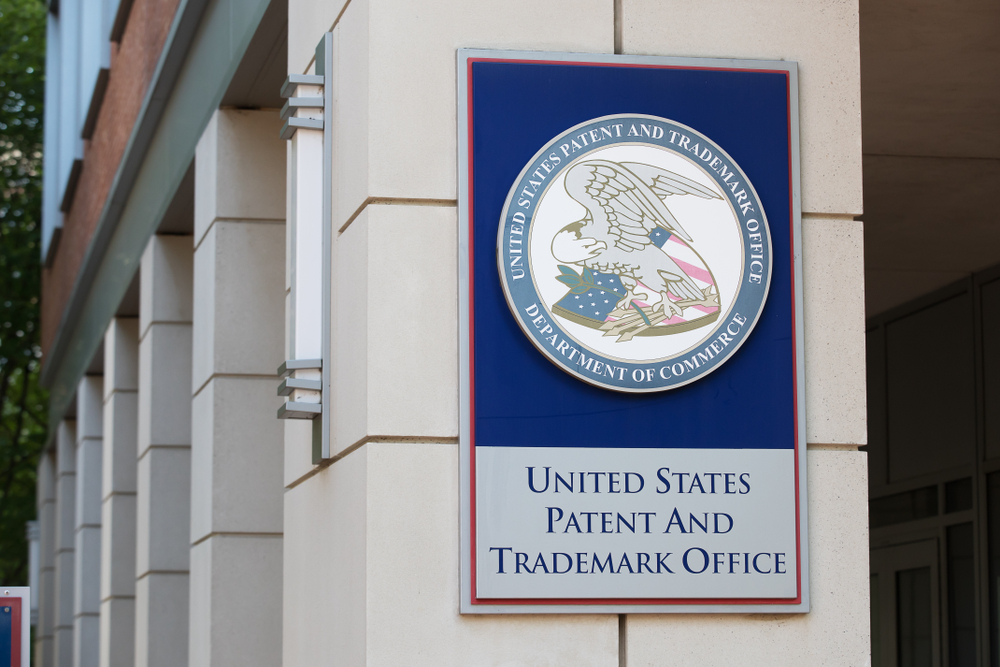The Way to Protect Your Business? What You Need to Know About Trade Secrets

What do Coca-Cola’s secret formula, McDonalds’ special sauce, and Google’s search algorithm have in common? Each is a protected trade secret. In other words, they are proprietary information vital to these companies’ survival and are among their most valuable corporate secrets.
A trade secret can be anything of value to your company that is unique and not known to persons outside the company. For example, a trade secret can be a recipe, process, formula, strategy, technique, or device that your competitors do not know, do not have, and cannot use.
Trade secret law can be less risky in some respects than other forms of intellectual property like patents, copyrights, and trademarks. The application process for a patent requires that a company disclose the secret itself. With that comes an inherent risk—should the application be denied, the secret is no longer a secret. While the protection afforded by trade secret law may be considered fragile, meaning constant vigilance is required to maintain secrecy, the secret remains a secret; while a patent, even after issuance, carries some risk of post-grant invalidation. By contrast, a trade secret owner may ultimately enjoy greater certainty by maintaining protection, potentially forever. However, a trade secret is entitled to protection only for as long as it is kept a secret. If the information is lawfully disclosed to the public, it is no longer confidential and loses its trade secret protection forever.
Governing Law: Both federal and state law recognize the time and money invested to gain competitive advantages like trade secrets and protect those advantages.
Federal Law: Under the controlling federal legislation passed by Congress in 2016, the Defend Trade Secrets Act (“DTSA”) defines a trade secret as something used in a company’s business that (A) is not known or readily accessible by competitors, (B) has commercial value or that provides a competitive advantage in the marketplace, and (C) the owner of the information protects from disclosure through reasonable efforts to maintain its secrecy. Prior to the DTSA’s enactment in 2016, no federal statute promulgated a federal trade secret private right of action.
In addition to the DTSA’s rules regarding trade secrets, additional federal rules apply. The Economic Espionage Act of 1996 makes the theft of trade secrets a federal crime. The Act prohibits the theft of a trade secret by a person intending or knowing that the offense will injure a trade secret owner. The Act also makes it a federal crime to receive, buy, or possess trade secret information knowing it to have been stolen. The Act allows the government to punish thefts of trade secrets by imprisonment up to 15 years and/or fines up to $5 million, depending on whether the defendant is an individual or a corporation. A private party can still sue for trade secret theft even if the federal government files a criminal case under the Economic Espionage Act.
New York State Law: Prior to federal law, most states had some form of trade secret law that varied state to state. The Uniform Trade Secrets Act (“UTSA”) was published in 1979 and amended in 1985 to provide a uniform trade secret law. Many states, including Pennsylvania in 2004 and New Jersey in 2012, adopted the UTSA. Notably, New York did not adopt the UTSA and does not have its own state trade secret statute, and thus relies on the common law.
Under New York common law, “misappropriation” refers to the acquisition of a trade secret by someone who knows that the trade secret was acquired by improper means—theft, bribery, misrepresentation, breach, or inducement of a breach of duty to maintain secrecy. The New York statute of limitations requires that any action for misappropriation be filed three years from the date the misappropriation is discovered. Further, New York law requires that the use of the trade secret be continuous in the operation of a business, rather than one-time use.
Cartier v. Tiffany: Cartier recently filed suit against its luxury rival Tiffany & Co. in New York state court. Cartier v. Tiffany & Co., et al.,650925/2022 (N.Y. Sup.). Richemont-owned Cartier sets out claims against LVMH’s Tiffany & Co. for various contractual and tort claims and trade secret misappropriation against both Cartier and a former-Cartier employee. Cartier seeks preliminary and permanent injunctive relief to require defendants to refrain from using the allegedly misappropriated information and return it to Cartier, as well as a judgment for any “compensatory damages that may be caused by [Tiffany’s] wrongful conduct.”
The complaint states that Tiffany & Co. lured former Cartier employee Megan Marino away from her role as its Assistant Manager for Jewelry Merchandising to learn more about Cartier’s “High Jewelry” collection, where pieces typically cost $50,000 to $10 million.
Cartier claims Marino was bound by non-disclosure and non-solicitation agreements she had signed as part of her role at Cartier and that she breached those agreements by using Cartier’s confidential business information to benefit Tiffany. This information includes Cartier’s “very sensitive and valuable” internal company documents that Marino forwarded to her personal email. Specifically, Marino “referenced a [Cartier] Excel spreadsheet” that “detailed Cartier’s confidential, High Jewelry assortment information.” Based on that spreadsheet, Cartier alleges, Marino “created a new Excel document, derived entirely from Cartier’s confidential information,” including “the total number of High Jewelry pieces at various Cartier locations in the U.S.” Cartier maintains this information is “only accessible by a limited number of Cartier employees [and] not known outside of Cartier” and "allow[s] a sophisticated competitor to replicate key strategies and, with relative ease, to reverse engineer how Cartier allocates, merchandises, and prices its High Jewelry stock.” Cartier claims the proprietary and confidential nature of this information amounts to a trade secret-protected asset.
Cartier further claims Tiffany has a history of poaching employees and maintains a “disturbing culture of misappropriating competitive information.” Given the alleged pattern, Cartier asserts that Tiffany now possesses “a substantial amount of [its] confidential and trade secret information that it obtained from Marino and other former Cartier employees” as a result of their “unlawful taking of Cartier’s valuable confidential information and trade secrets.”
Even if Cartier successfully establishes that it maintains trade secret information that Tiffany misappropriated, the case is hardly straightforward. Establishing damages in cases like this is particularly challenging, as it is difficult to assign a dollar value to trade secret information that will compensate the plaintiff for the economic loss caused by the defendant’s misappropriation. As a result, courts generally have quite a bit of discretion in fashioning damages awards.
If you have any questions about this post or any related issue, please feel free to contact me at dsiegel@norris-law.com. David thanks Campbell Flaherty, a summer associate with Norris McLaughlin, for her contributions to this post.




